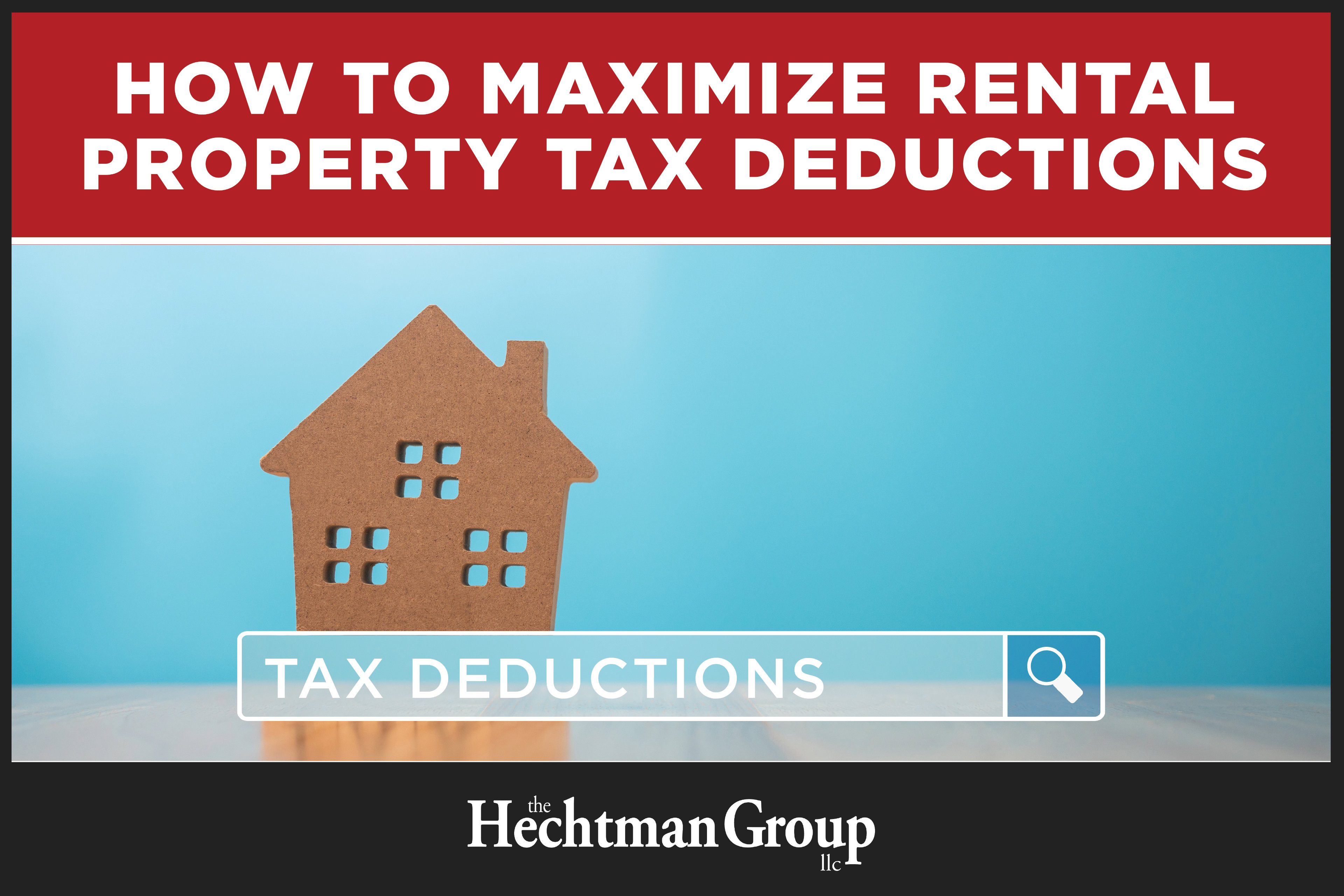
Rental property can be a lucrative investment but it’s easy to feel overwhelmed by complex tax regulations and possible deductions. Having a solid grasp on what you can write off at the end of the year can massively impact your returns. Whether you’re new to property ownership or a longtime landlord, maximizing tax deductions can become a strategic financial advantage, particularly as you grow your rental business. Let’s explore the most impactful rental property tax deductions and how to keep more rental income in your pocket.
Common Rental Property Deductions
Several common deductions are available to rental property owners, which are crucial for maximizing tax benefits. These deductions reduce your taxable income while improving your business’s financial standing.
Mortgage Interest
Mortgage interest is usually the largest single deduction for rental property owners. Beyond just the principal mortgage, you can also deduct interest on any additional loans taken for substantial renovations and improvements. Understanding the eligibility of different loan types and the timing of interest payments can further increase your tax savings and ensure you’re fully utilizing this valuable deduction.
Property Taxes
Property taxes on your rental property are substantial annual expenses, but they are also fully deductible. It’s important to note that the timing of property tax payments can impact your deductions. If you pay property taxes in advance for the following year, you can choose to deduct them in the current tax year, which may be beneficial depending on your individual circumstances and future investment plans. Additionally, staying informed about any changes in property tax rates or assessments in your area can help you plan and adjust your financial strategy for the long term.
Repairs and Renovations
While both repairs and improvements have tax implications, there are some distinct differences in how they are deducted. Repairs, such as fixing a leaky faucet or repainting a room, are immediately deductible. These expenses help maintain the property’s condition and are fully deductible in the year they are incurred. In contrast, improvements like a new roof or kitchen renovation must be depreciated over several years. Certain types of improvements are eligible for bonus depreciation allowing for accelerated expensing of such improvements. Rental property owners can also take advantage of immediate expensing under Section 179 in some cases.
Depreciation
Depreciation allows you to spread the cost of your rental property over its useful life, typically 27.5 years for residential properties and 39 years for commercial properties This deduction can substantially lower your taxable income, but calculating it involves various factors that can be complex. Working with a qualified real estate tax professional ensures you accurately calculate your depreciation, fully leverage this deduction, and stay compliant with IRS regulations.
Property Management Fees
Fees paid to property management companies are fully deductible. This includes tenant placement, maintenance oversight, and rent collection services. Deducting these expenses directly offsets the cost of professional management, making it a more affordable and advantageous option for property owners.
Uncommon but Valuable Deductions
While the common deductions are well-known, several lesser-known rental property deductions can add up to significant savings.
- Travel Expenses: Deduct travel costs incurred while managing your rental property, such as mileage, lodging, and meals.
- Home Office Deduction: If you use a portion of your home exclusively for managing your rental properties, you may qualify for a home office deduction.
- Legal and Professional Fees: Fees for legal advice, accounting, and other professional services related to your rental property are deductible.
Tips for Maximizing Deductions
- Keep detailed records of all income and expenses related to your rental property.
- Use accounting software to track expenses and generate comprehensive financial reports.
- Regularly review tax laws to stay updated on deductible expenses.
- Work with a tax professional to navigate complex tax rules and optimize your deductions.
When it comes to maximizing your rental property tax deductions, having a knowledgeable and experienced tax team in your corner is essential. At The Hechtman Group, we specialize in real estate services and can help you get all the eligible deductions and stay compliant with tax laws.
Contact us today to learn more about our services and how we can help you get the most from your rental property tax deductions.